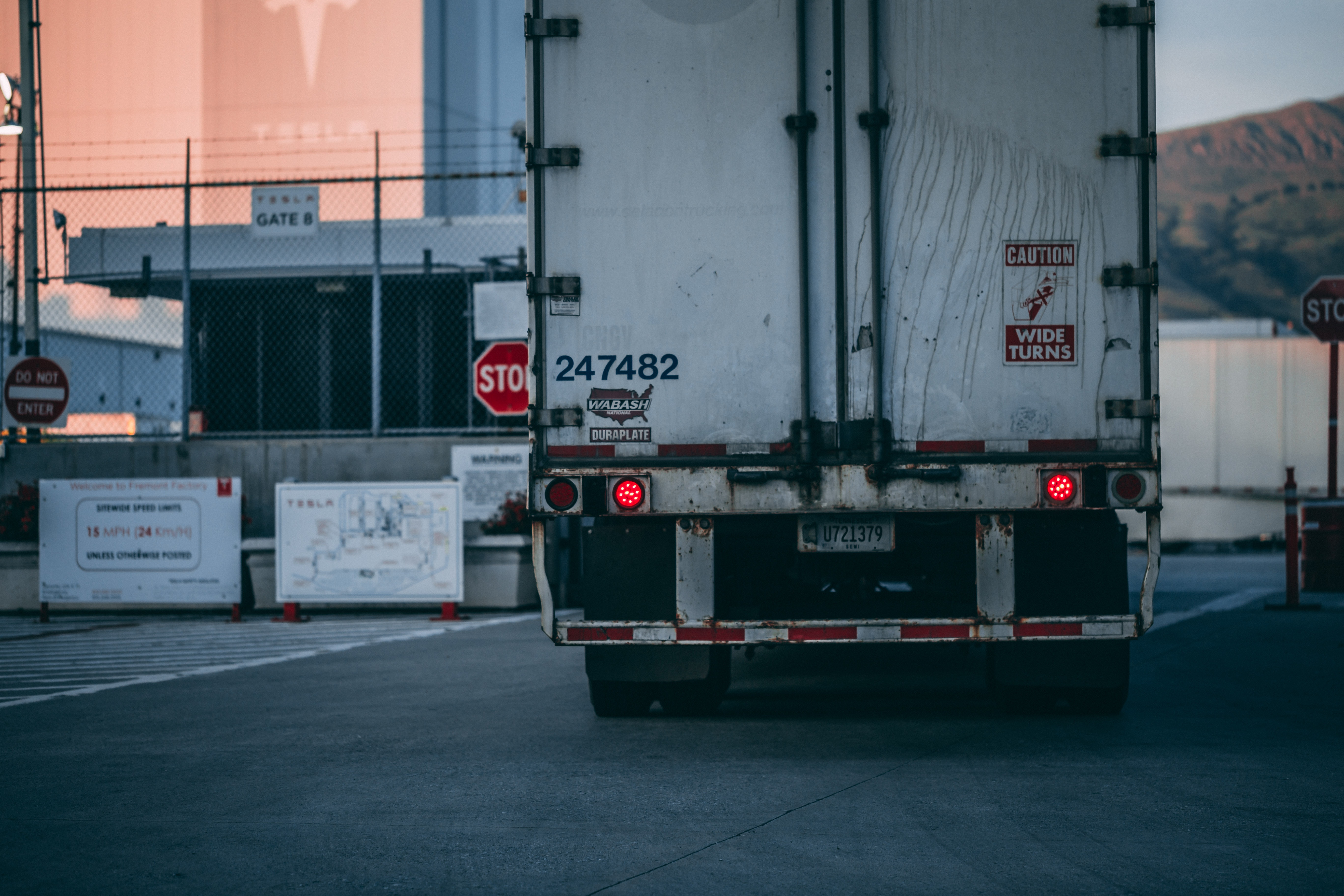
With the busy Christmas delivery season in full swing, your fleet must have the correct insurance. While courier insurance and haulage insurance both specify ‘carriage of goods for hire and reward’, there are some other differences which could affect your cover when transporting all those Christmas goodies.
It’s important to get the right cover otherwise you could find your insurer rejecting your claim if you need to make one. Here’s our guide to the correct courier insurance or haulage insurance for your business.
What’s the Difference?
It’s generally accepted that the definition of a courier is someone who does multiple drop-offs of individual items, usually in built-up areas and without being pre-planned.
Hauliers are more likely to drive long distances to pre-planned destinations for single, large scale deliveries and tend to be on a regular route.
Haulage Insurance
Haulage insurance is usually aimed at haulage firms and individual operators who run larger HGVs in excess of 3.5 tonnes. Hauliers can transport goods from larger items such as cars to smaller ones including chilled foods, and often move goods from a supplier to an end-user business. The cover given should be tailored to the specific risks associated with the cargo carried and the vehicle type.
What Features Can I Get on my Haulage Policy?
The initial priority for road hauliers is to choose comprehensive insurance cover against loss or damage to their own vehicles as well as other road users in the event of an accident. Other features that are recommended for haulage insurance for commercial fleets can include:
Goods in transit cover: This will cover the goods you are transporting against theft or damage as the result of an accident. Double check what risks are covered, particularly if you are carrying perishable or frozen goods that could spoil if you suffer transport delays.
Be sure to disclose all information about your products to your broker – if you transport hazardous cargo, this may increase your premium slightly due to risk, but your policy could become invalidated if this isn’t declared.
Public liability insurance: A haulage insurance policy should cover you against risks to third parties who may be injured or have their property damaged as a result of your business operations. If you have employees, having employers liability insurance is also recommended.
Unlimited mileage allowance: With most hauliers driving long distances both across the UK and within the EU, it may be worth checking with your broker about unlimited mileage. This may be financially better for your company and prevent additional concerns about exceeding mileage quotas.
Roadside assistance and replacement vehicle: Whilst reliable breakdown cover is vital, having replacement vehicle cover can help to keep you on the road and ensure you meet your delivery deadlines, essential at this time of year.
Courier Insurance
The main difference between courier and haulage insurance is to do with the type and frequency of deliveries made, as well as the class of vehicle. Couriers tend to drive cars or vans and do multiple deliveries within a smaller area. They do not necessarily know what they are carrying or have regular delivery destinations.
As with haulage insurance, you will still need motor insurance for the carriage of goods for hire & Reward, and possibly goods in transit, public liability and roadside assistance.
It’s important not to rely on standard van insurance as this won’t cover you for courier deliveries. As a driver, you will be at greater risk partly due to increased mileage leading to a greater chance of accidents and also because you will be driving to tight deadlines. If you stop regularly to make drop-offs, you could also be a target for thieves.
When looking at your goods in transit cover, make sure that an insurer will reimburse 100 percent for goods lost or damaged in transit, not just part reimbursement. It may be that you do not know the contents or the real value of the goods you are transporting – your broker should help to devise an insurance plan tailor-made to the items you carry and area in which you deliver.
Benefits of Insuring a Fleet
If you have several vehicles in your courier or haulage business, you may find a fleet insurance policy is more cost-effective and will enable you to change the vehicles you cover through time.
For haulage and courier companies, insuring all vehicles on the same policy can help save money in the long run, as well as reducing the administration required if insuring each vehicle individually.